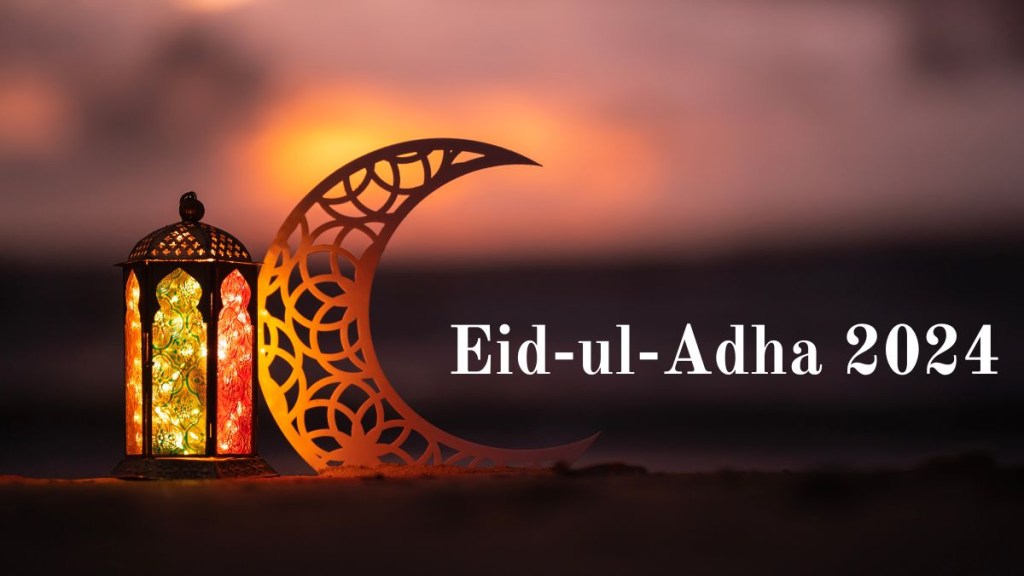Muslims have two prominent festivals of which Eid-ul-Adha or Eid-ul-Zuha is the second one which is celebrated in the month of Dhul Hijjah, the twelfth month according to the Islamic Lunar Calendar. Popularly known as Bakra-eid among Indians, the festival is celebrated across the world by all Muslims.
Eid-ul-Adha is celebrated to honor Prophet Ibrahim’s unwavering devotion to Allah. It is also known as Bakra Eid, Bakrid, Eid al-Adha, Eid Qurban, or Qurban Bayarami. This festival takes place in Zul Hijjah, the 12th month of the Islamic lunar calendar, one of the holiest months for Muslims. During this time, Muslims come together to celebrate with grandeur and enthusiasm.
Eid-ul-Adha 2024: Date
Following the sighting of the Dhul Hijjah moon in many parts of the world, Eid-ul-Adha will be celebrated accordingly. In India, Eid-ul-Adha will be observed on June 17, 2024, whereas in the UAE and other Arab countries, Bakrid will be celebrated on June 16, 2024.
History of Eid-ul-Adha
The history of Eid al-Adha dates back to the time of Prophet Ibrahim. According to the Holy Quran, Allah commanded Prophet Ibrahim in a dream to sacrifice his son Ismail to demonstrate his devotion. Prophet Ibrahim decided to obey without hesitation. However, before he could sacrifice his son, Allah provided a lamb to sacrifice instead. This was a test from Allah, which Prophet Ibrahim successfully passed. Since then, Muslims have performed animal sacrifices on Eid al-Adha, which is why the festival is also known as Bakra Eid.
Significance of Eid-ul-Adha
Eid-ul-Adha is one of the most important festivals of Muslims and is celebrated among all Muslims across the world. This day commemorates Prophet Ibrahim’s willingness to sacrifice his son in obedience to Allah’s decree, demonstrating his profound devotion to the Almighty.
Spiritual reflection
Eid ul-Adha encourages Muslims to reflect on the importance of sacrifice and service to others. It emphasizes the values of compassion, humility, and gratitude for God’s blessings.
Observance of Hajj
Eid ul-Adha coincides with the culmination of the Hajj pilgrimage to Mecca, one of the Five Pillars of Islam. Muslims who are not performing Hajj also participate in the celebrations, highlighting unity and solidarity within the global Muslim community.
Feast and charity
The festival involves prayers, feasting, and the exchange of gifts among family and friends. In commemoration of Ibrahim’s sacrifice, Muslims customarily sacrifice an animal, usually a goat, sheep, cow, or camel. The meat is divided into three parts: one for the family, one for relatives and friends, and one for the needy and less fortunate. This act symbolizes generosity, compassion, and sharing with the community.
Community and unity
The festival fosters a sense of community and unity among Muslims, transcending geographical and cultural boundaries. It reinforces the importance of family ties and social harmony as Muslims come together to celebrate and strengthen their faith.








